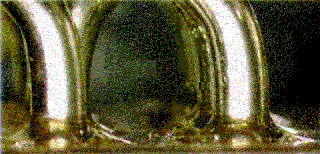Shefffield
Member
Hello, forum!
I'm not really good at soldering. In order to maximize my chances for good, reliant connections I still think that using leaded solder makes it a lot easier.
As far as I know, it is still legal for private users (here in Europe) to buy and use leaded solder. Where to purchase it is the next question though..
What are your experiences and recommendations?
I'm not really good at soldering. In order to maximize my chances for good, reliant connections I still think that using leaded solder makes it a lot easier.
As far as I know, it is still legal for private users (here in Europe) to buy and use leaded solder. Where to purchase it is the next question though..
What are your experiences and recommendations?

